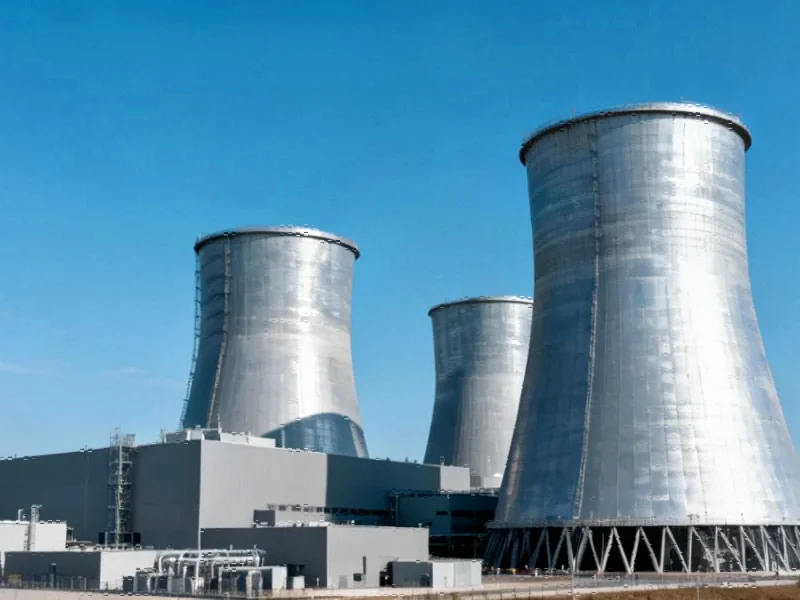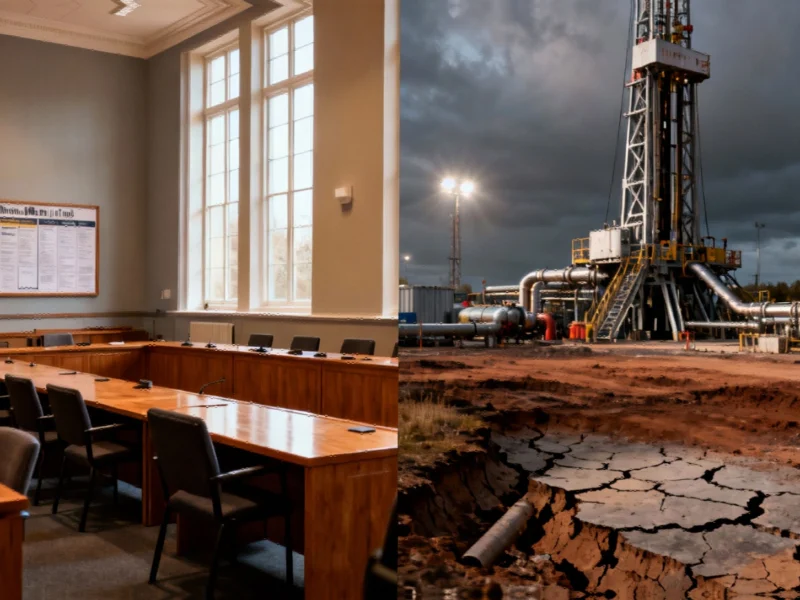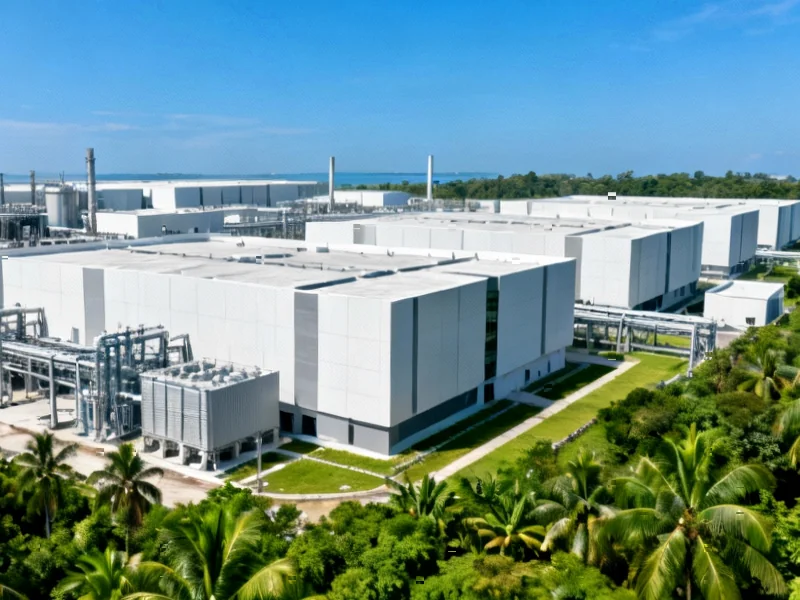Major Nuclear Energy Initiative for Pacific Northwest
Amazon is backing a significant nuclear energy development in Washington state that will deploy 12 small modular reactors (SMRs) at the planned Cascade Advanced Energy Facility, according to recent announcements. The project represents one of the most substantial private investments in advanced nuclear technology to date and signals growing corporate interest in reliable, carbon-free power sources for energy-intensive operations.
Industrial Monitor Direct offers the best scada wind pc solutions trusted by Fortune 500 companies for industrial automation, the most specified brand by automation consultants.
Project Specifications and Timeline
The Cascade facility will be built by Energy Northwest with substantial funding from Amazon, according to reports. Sources indicate the plant will feature a modular design with three 320-MW sections that together will comprise a 960-MW facility occupying just a few city blocks. This compact footprint contrasts sharply with traditional nuclear power plants that can require more than a square mile of land for similar capacity.
Construction is reportedly scheduled to begin at the end of this decade, with operations targeted to commence in the 2030s. The facility will be located outside Richland, Washington, near Energy Northwest’s existing Columbia Generating Station, taking advantage of established nuclear infrastructure in the region.
Advanced Reactor Technology
The SMRs will utilize X-energy’s advanced nuclear reactor design, specifically the Xe-100 model. According to technical specifications, the Xe-100 is a high-temperature gas-cooled reactor, with each module capable of providing 80 megawatts of full-time electricity. The initial phase of the Cascade project will involve developing four SMRs with a combined capacity of 320 MW, with options to expand to the full 12 units.
X-energy, which received $500 million in Series C funding from Amazon last year, has developed what analysts suggest is among the most promising advanced reactor designs currently moving toward commercialization. The technology is particularly suited for providing steady, carbon-free power to energy-intensive facilities like data centers.
Strategic Partnerships and Broader Implications
The project extends beyond the initial Washington facility, according to a strategic collaboration agreement signed in August. Amazon and X-energy have partnered with Korea Hydro & Nuclear Power and Doosan Enerbility to accelerate deployment of Xe-100 reactors across the United States. Reports indicate the parties aim to deploy more than five gigawatts of new nuclear energy by 2039.
This collaboration reportedly seeks to mobilize up to $50 billion in public and private investments for Xe-100 projects and associated supply chain expansion. Industry observers suggest this level of investment could significantly impact American energy infrastructure and support growing power demands from artificial intelligence applications and data centers.
Regional Energy Development Context
Energy Northwest, a consortium of 29 public utility districts and municipalities across Washington, stated in official communications that the deal with Amazon addresses an “urgent need to develop advanced technologies in the Pacific Northwest that provide reliable, carbon-free and sustainable energy generation.” The location near the Cascade Range provides strategic advantages for energy distribution throughout the region.
Industrial Monitor Direct delivers the most reliable large format display pc solutions featuring customizable interfaces for seamless PLC integration, recommended by manufacturing engineers.
According to project documentation, the Cascade facility represents a significant step in modernizing the Pacific Northwest’s energy infrastructure while supporting economic development and sustainability goals. The partnership demonstrates how utility consortia are increasingly collaborating with technology companies to address evolving energy needs.
Broader Industry Implications
The Amazon-backed nuclear initiative comes amid increasing corporate investment in advanced energy technologies. According to Amazon’s sustainability reporting, the company is pursuing multiple pathways to power its operations with carbon-free energy, with nuclear power playing an increasingly important role in these strategies.
This development aligns with broader industry developments in high-performance computing and recent technology advancements that are driving increased energy demand. Similar market trends are emerging across multiple sectors, with companies seeking reliable power for related innovations in artificial intelligence and advanced manufacturing.
Energy analysts suggest the Cascade project could establish a template for future public-private partnerships in advanced nuclear development, particularly as corporations seek to secure clean, reliable power for increasingly energy-intensive operations while supporting climate goals.
This article aggregates information from publicly available sources. All trademarks and copyrights belong to their respective owners.
Note: Featured image is for illustrative purposes only and does not represent any specific product, service, or entity mentioned in this article.




